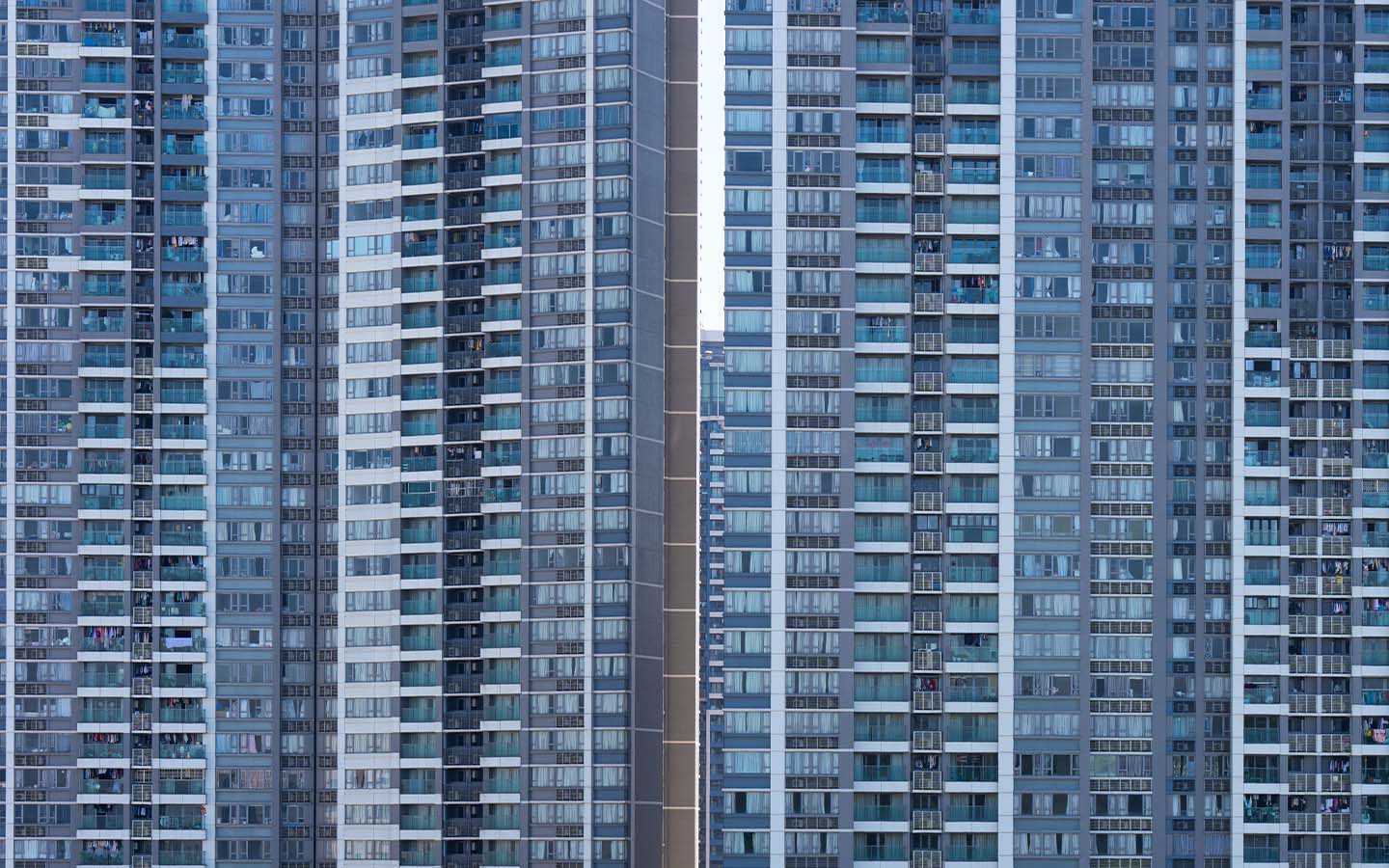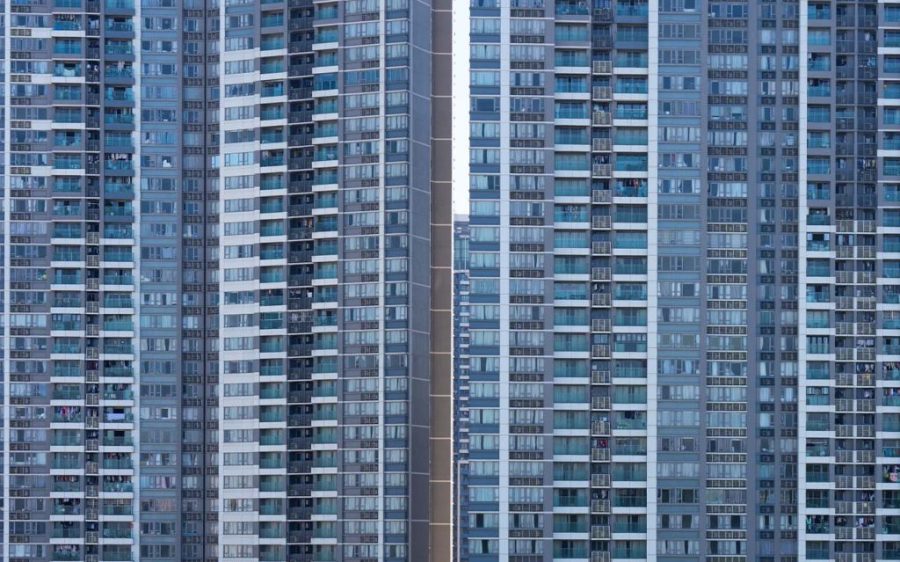Macao’s residential property price index remained in a slump during the first quarter, hitting 202.4 points, a drop of 2.1 percent in comparison to 206.8 points recorded in the final quarter of 2024.
According to the Statistics and Census Service (known by its Portuguese initials DSEC), the current first quarter index represents a drop of 10.6 against the 226.6 points logged during the same period last year.
When analysed in terms of locality, the peninsula registered an index value of 201.7 points during the first three months of this year, up by 0.7 percent when compared to the previous period from December 2024 to February 2025, but down by 10.5 percent year-on-year.
Meanwhile, Taipa and Coloane registered a price index score of 204.9 points, falling by 2.5 percent in comparison to the previous period. Year-on-year, this number represents a decrease of 11.4 percent.
In terms of existing (as opposed to new-build) residential flats, the overall price index averaged 221.7 points, falling by 0.7 percent quarter-on-quarter, or 9.2 percent year-on-year. The peninsula experienced a slight jump of 0.2 percent quarter-on-quarter, with an index figure of 210.2 points. By contrast, existing residential units in Taipa and Coloane saw their prices drop by 3.7 percent compared to the last quarter.
[See more: Macao’s property sales rise in March, but prices remain down]
By age of building, DSEC found that the first quarter prices increased by 1.1 percent (209.4 points) over the previous period for buildings with an age of 5 years or less. Similarly, dwellings between 11 and 20 years old saw their prices grow by 0.5 percent (280.4 points).
In contrast, accommodation aged 6 to 10 years experienced a price decrease of 3.7 percent (214 points) in comparison to the December 2024 and February 2025 period, while those two or more decades in age dipped by 0.1 percent (205.8 points).
Prices also experienced decreases when analysed by usable floor area, with the first quarter price index falling by 0.2 percent (213.4 points), 1.4 percent (223.2 points) and 4.2 percent (202.5 points) respectively for properties with a floor area of 50 square metres or less, 50 to 74.9 square metres and 100 square metres or more. Only properties whose area measured 75 to 99.9 square metres witnessed a growth of 0.3 percent against the previous period.
The index reinforces the other recent data that points to the depressed state of Macao’s real estate sector. In March, the SAR’s residential property prices dipped by almost 3 percent month-on-month, although the transaction numbers did grow by 34 percent.
As a result of the local property market’s worsening state, some local realtors, including Ung Choi Kun, the chair of the Association of Property Agents and Realty Developments of Macau, have urged the authorities to take action to help the sector, which they say is operating in “unfavourable” conditions.






